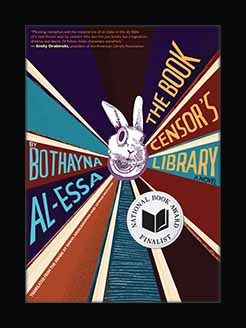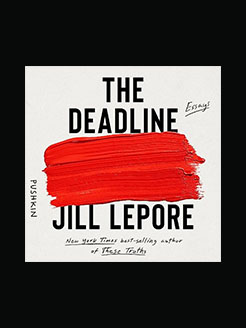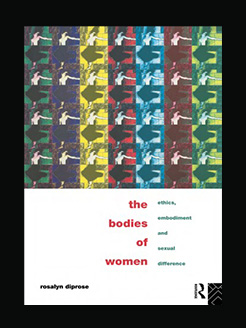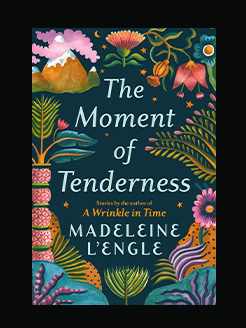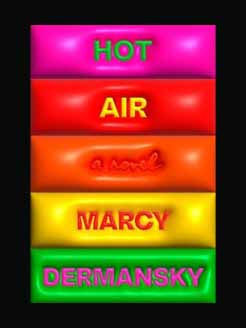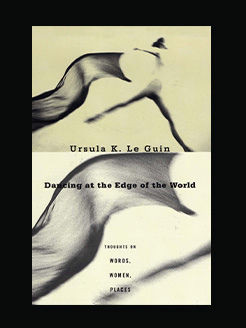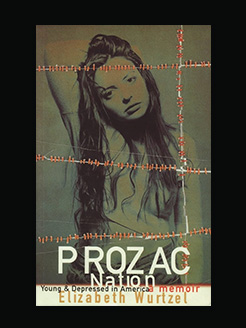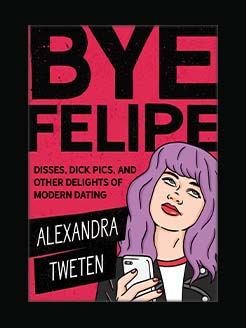Published in 2015
488 pages
Allyson Nadia Field is Associate Professor of Cinema and Media Studies and African American Studies at the University of California, Los Angeles. She also serves on the faculty of the Moving Image Archive Studies program and the Faculty Advisory Committee of the Ralph J. Bunche Center for African American Studies at UCLA. She is author of Uplift Cinema: The Emergence of African American Film and the Possibility of Black Modernity.
Jan-Christopher Horak is Director of the UCLA Film & Television Archive. In addition to his long career in film archiving and curating, he is a professor of Cinema and Media Studies at the University of California, Los Angeles. His most recent book is Saul Bass: Anatomy of Film Design.
Jacqueline Najuma Stewart is Professor of Cinema and Media Studies at the University of Chicago and author of Migrating to the Movies: Cinema and Black Urban Modernity. She directs the South Side Home Movie Project and serves on the National Film Preservation Board. She is currently completing a book on the career of the African American actor, writer, and director Spencer Williams.
What is this book about?
L.A. Rebellion: Creating a New Black Cinema is the first book dedicated to the films and filmmakers of the L.A. Rebellion, a group of African, Caribbean, and African American independent film and video artists that formed at the University of California, Los Angeles, in the 1970s and 1980s. The group—including Charles Burnett, Julie Dash, Haile Gerima, Billy Woodberry, Jamaa Fanaka, and Zeinabu irene Davis—shared a desire to create alternatives to the dominant modes of narrative, style, and practice in American cinema, works that reflected the full complexity of Black experiences. This landmark collection of essays and oral histories examines the creative output of the L.A. Rebellion, contextualizing the group’s film practices and offering sustained analyses of the wide range of works, with particular attention to newly discovered films and lesser-known filmmakers. Based on extensive archival work and preservation, this collection includes a complete filmography of the movement, over 100 illustrations (most of which are previously unpublished), and a bibliography of primary and secondary materials. This is an indispensible sourcebook for scholars and enthusiasts, establishing the key role played by the L.A. Rebellion within the histories of cinema, Black visual culture, and postwar art in Los Angeles.
